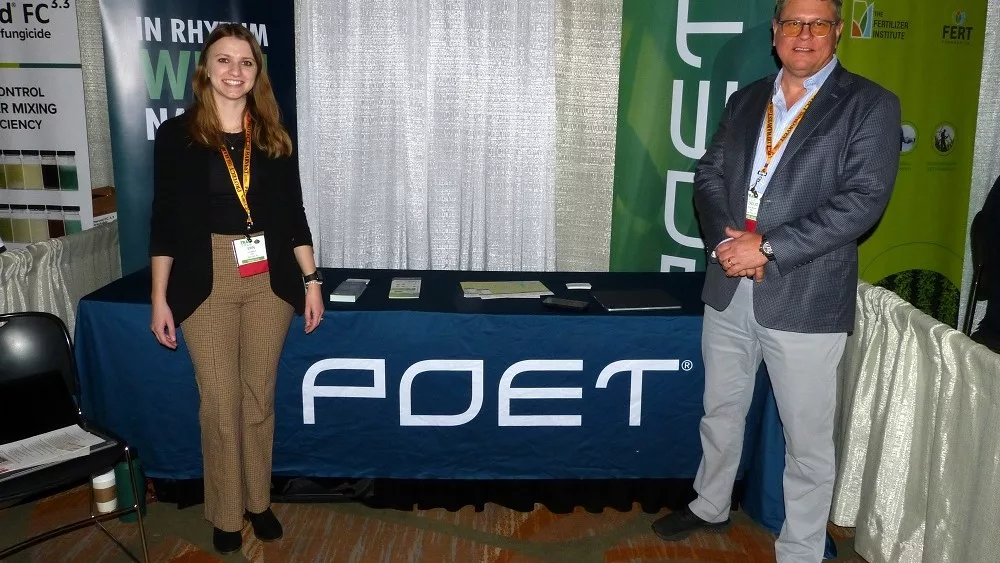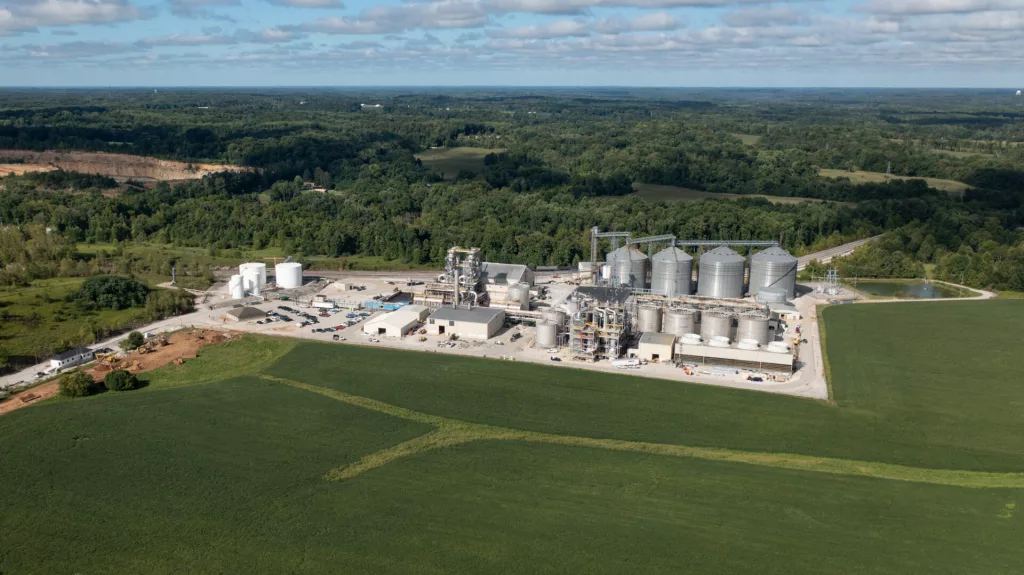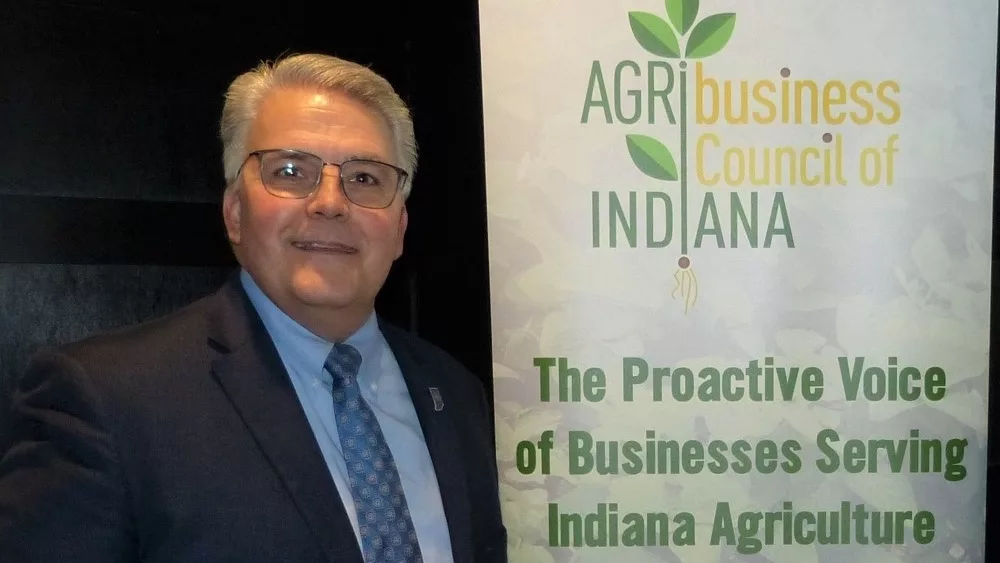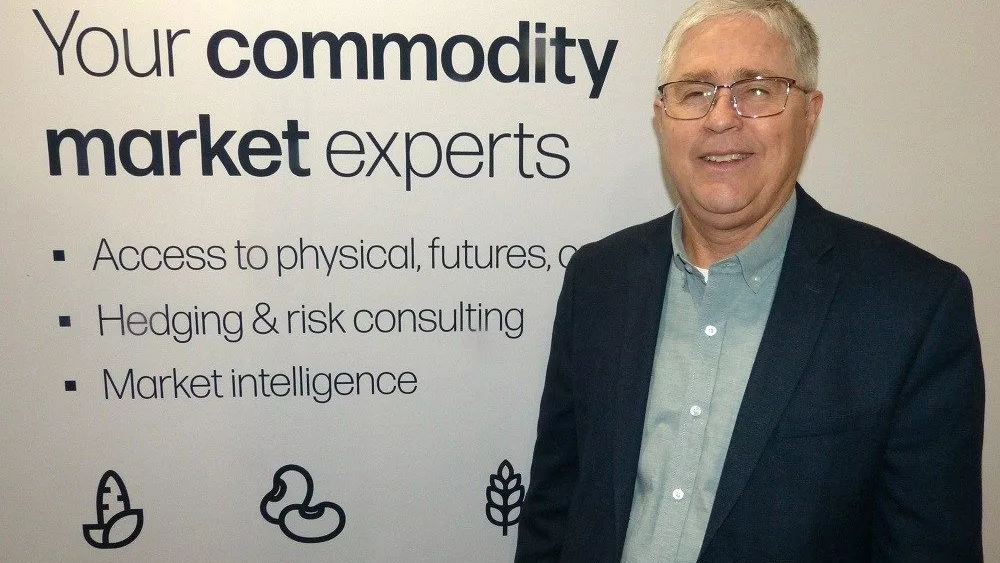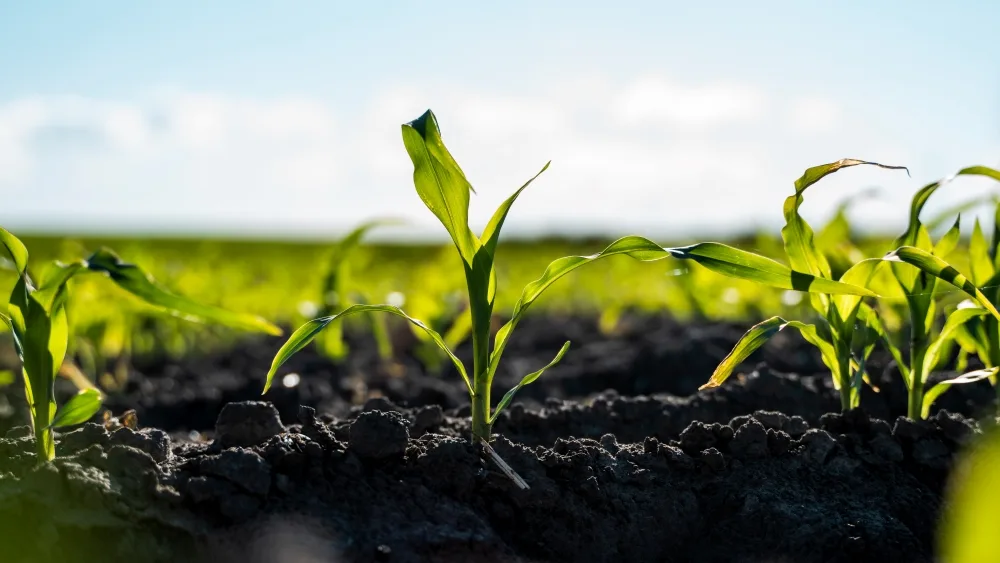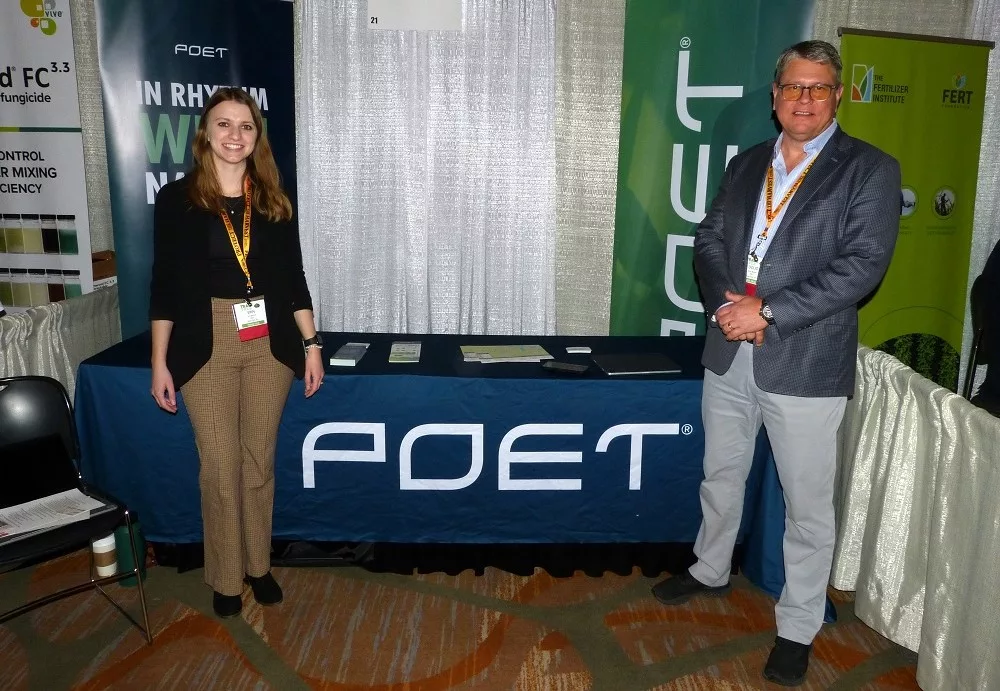
Since the POET bioprocessing facility in Cloverdale reopened last September, the company says it’s been a win—not just for themselves—but for Indiana farmers, the local economy in Putnam County, and the state’s ethanol industry.
“Recently, we put about $30 million into that plant, providing a market for about 34 million bushels of corn in that area, 50 full-time jobs and production of over 100 million gallons of bioethanol,” according to Doug Berven, Vice President of Corporate Affairs for POET.
The bioprocessing facility in Cloverdale, which is about 40 miles west of Indianapolis and 35 miles east of Terre Haute, was acquired by POET in 2010, but was idled in 2019 due to a tightening of federal regulations through the implementation of the Renewable Fuel Standard (RFS). However, better management of RFS a year-and-a-half ago led POET to announce the reopening of the facility.
The company held a “Grand Opening” ceremony on Thursday, Aug. 31, and the plant became fully operational once again on Monday, Sept. 11, 2023.
“I think it’s a testament to how we see the future,” says Berven. “We wouldn’t be spending this kind of money if we didn’t think that the future was really bright, so we’re excited about opening that plant because it’s bringing a market that farmers there [in west-central Indiana] will appreciate.”
Another significant role in POET’s decision to reopen the Cloverdale facility has been the strong support from Indiana lawmakers for E15—a 15% bioethanol blend.
“Today, just about every gallon of gasoline in the country has 10% ethanol in it. We want that to be 15% ethanol, and then we want to go higher,” he says. “That’s very possible because yields are increasing all the time. There’s a surplus of grain out there and that’s why you’ve seen prices coming down a little bit. We think it’s really important to increase our markets for grain, not only in the United States, but around the world, and so E15 is one of those efforts.”
The POET Bioprocessing Facility in Cloverdale, Indiana in Putnam County. Photo provided by POET.
Berven says he’s proud of the partnership between POET and Indiana’s corn producers.
“Our company alone buys seven percent of the U.S. corn crop. We purchase a billion bushels for our 34 facilities in eight states,” according to Berven. “But it’s not us providing the market for the farmers, it’s the farmers providing a product for us, so we work in tandem and we’re connected at the hip.”
“Farmers and bioethanol producers can’t do it without the other, so we are we’re really excited about the partnership that we have with the farmers out there and we’re really excited about the potential of agriculture going forward,” says Berven.
He adds that with all the advantages that bioethanol brings, it makes the industry even more attractive and primed for continued growth.
“If it wasn’t for bioethanol, today you’d be paying probably $4-plus at the gas station,” according to Berven. “Bioethanol reduces the price at the pump for the consumer. It provides a market for farmers. It improves our environment. It also provides energy security because 10 or 15% ethanol is 10 or 15% less that we have to import from another country, so it’s a win-win-win all the way around.”
POET’s Bioprocessing facility in Cloverdale is one of five that the company owns and operates in Indiana. The others are located in Shelbyville, Alexandria, Portland and North Manchester.


